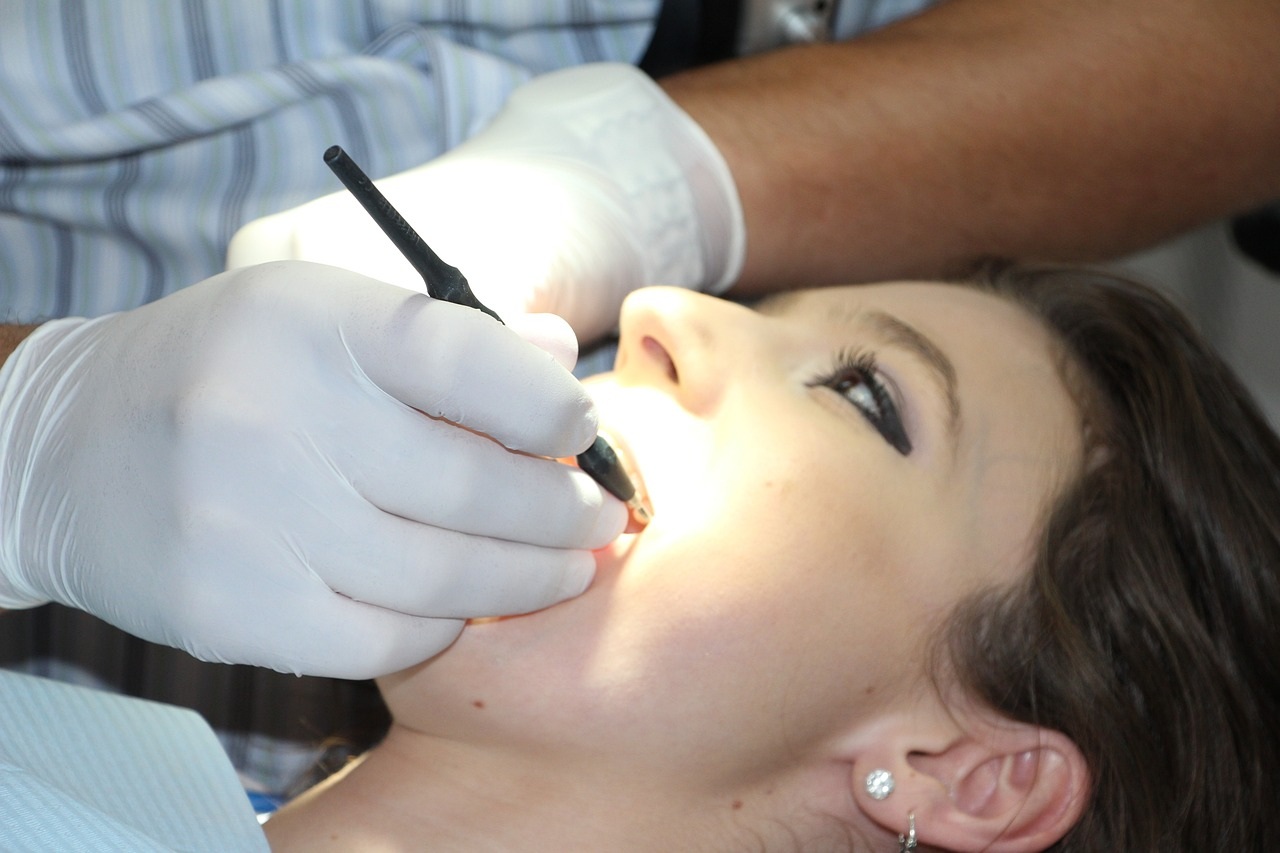
Photo by Reto Gerber from Pixabay
Tooth sensitivity or bad breath can sometimes be minor symptoms of a flu bug and often resolve as the illness passes. However, there are times when these signs in your mouth could point to something more serious. This brings up an important question: how can we tell whether these symptoms are severe or not? This post will help you understand these key oral health indicators
Jaw and mouth pain are often linked to stress, which can play a significant role in triggering both physical and mental health issues. Consult your dentist, as they can help pinpoint the cause of your jaw discomfort, commonly stemming from easily treatable concerns like sinus problems, toothache, or gum disease. Jaw pain can sometimes signal a heart attack. Being aware of this and recognizing other common heart attack symptoms could be life-saving for you or a loved one.
When tooth decay starts, white spots on your teeth often serve as an early warning sign. These subtle patches typically appear before more noticeable issues, such as the pain that accompanies cavities reaching beyond the enamel. Spotting these early indicators underscores the importance of seeking professional dental care; visiting your dentist among this Great Expressions offices is a crucial first step.
White spots can signal the beginning of more serious dental issues, highlighting the need for prompt attention. While they may not initially cause discomfort, they point to an underlying problem that shouldn't be ignored.
At this stage, you need to find great dental care to help you before bigger problems arise. With advanced tools like X-rays, they can assess the issue and address it before it progresses further.
Sores, ulcers, or sensitive spots in the mouth should be closely monitored. If they result from minor injuries, such as eating overly hot food or accidentally biting your cheek, they typically aren’t a cause for concern. However, when they appear unexpectedly and don’t heal as they should, it’s important to take notice. These lesions might signal underlying health issues.
For instance, slow healing could point to conditions like diabetes, which impacts the body's ability to recover. Certain persistent sores may also be early warning signs of oral cancer. If you notice changes or feel uncertain about a spot that isn’t improving, reach out to your dental office for guidance and peace of mind. The dentist might recommend you some medication and Amazon oral probiotics to clear your sores.
Persistent or severe tooth pain can signal significant dental concerns, including infections, cavities, sinus issues, or even oral cancer. Throbbing pain in a single tooth might indicate the need for a filling, especially if addressed promptly to prevent further bacterial growth. However, if the nerve is affected, more advanced treatments like a crown or root canal may be required.
To determine the best solution, dentists typically conduct thorough examinations and take X-rays to pinpoint the issue. If an infection is present, prescribed medications and pain relief are often recommended to prevent further complications, alongside tailored treatments to resolve the issue effectively.
Regularly check your mouth for anything unusual, as it could signal underlying issues. Ignoring these signs may worsen the problem and impact not just your oral health, but your overall well-being too.